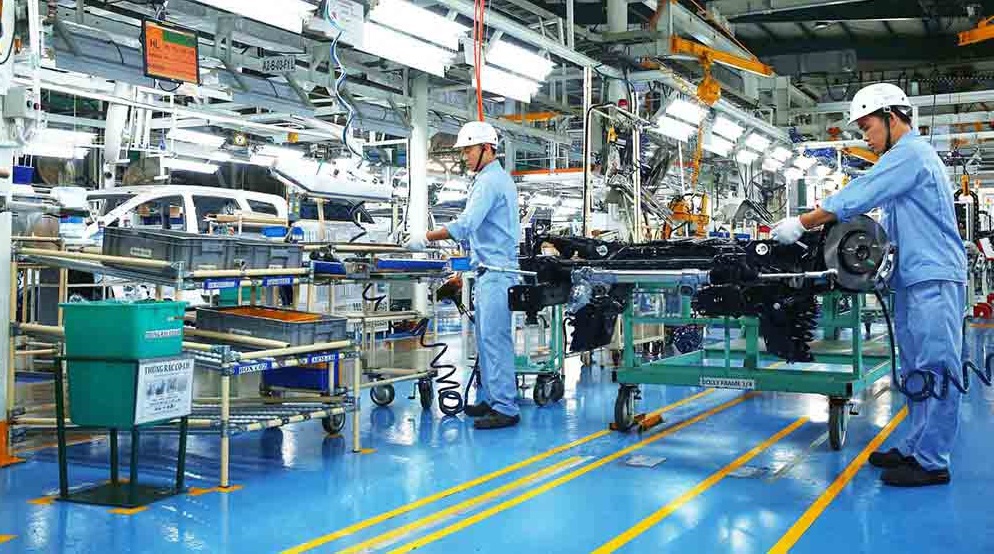China's electric car giants are looking to Vietnam as a manufacturing hub. And Taiwanese suppliers to Apple are also doing the same
By Tommaso Magrini
Also Taiwanese contract manufacturers for US giants such as Apple are increasingly looking to South-East Asia and Vietnam in particular. Electronics manufacturer Quanta Computer, the main contract manufacturer of Apple's MacBooks, signed an agreement this month to build its first Vietnamese factory in the northern province of Nam Dinh. Initiatives such as this, aimed at diversifying production away from China, have been underway for years for manufacturers that have witnessed rising wages. Further impetus comes from trade and technology tensions between Washington and Beijing. Quanta had exploited its Chinese manufacturing base for rapid growth, recording sales of over USD 41 billion in 2022. But in 2022, due to anti-Covid restrictions, it was unable to produce its main MacBook Pro, delaying deliveries for more than two months and disrupting Apple's plans. TrendForce estimates that in the three years to 2025, the company is expected to increase production outside the country to around 30 per cent of the total. In the first quarter of 2023, the number of Taiwanese FDI projects in Vietnam grew by 87 per cent year-on-year. The leading iPhone assembler, Foxconn, is investing heavily in the northern province of Bac Giang. Last summer, Foxconn informed the local media of its intention to spend an additional USD 300 million and hire 30,000 people, and in February it signed a contract to lease a 45-hectare site until 2057. By 2025, about 30% of production is expected to take place outside China. Pegatron, which ranks second in iPhone production, has made major investments in the coastal city of Haiphong, while No. 4 Wistron plans to start a personal computer factory next year.
Chinese electric car manufacturers are unceremoniously aiming for global leadership. And to achieve this goal, they are increasingly establishing themselves in South-East Asia. In recent days, carmaker BYD Co. made it known that it intends to expand into the production and assembly of electric vehicles in Vietnam. The Xi'an-based electric vehicle manufacturer plans to open a plant in Vietnam for the production of car parts, with the aim of exporting the components to an assembly plant planned in neighbouring Thailand. In a government statement issued after a meeting between BYD founder and chairman Wang Chuanfu and Deputy Prime Minister Tran Hong Ha, Wang said he expects Vietnam to create favourable conditions for BYD to complete investment procedures. The Chinese company, which currently operates a factory to assemble electronic devices and parts in the northern Vietnamese province of Phu Tho, has also proposed to form a local supply chain. BYD's presence would pose a direct challenge to VinFast, a Vietnamese electric vehicle manufacturer that began selling cars in 2019 and plans to expand into the US and Europe. BYD's interest in Southeast Asia goes beyond Vietnam. Last September, the company, backed by Warren Buffett's Berkshire Hathaway, announced the construction of an electric vehicle assembly plant in Thailand with an annual capacity of 150,000 cars starting in 2024. The company sold 210,295 vehicles in April, about twice as many as a year earlier and slightly more than the previous month. Although the majority of sales come from mainland China, BYD is expanding overseas, mainly in Asia, Europe and Latin America. Exports account for about 6% of electric vehicle sales.






